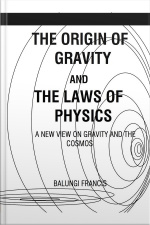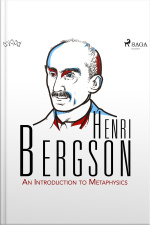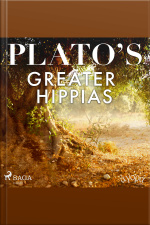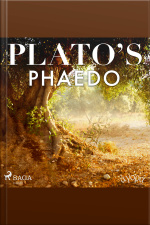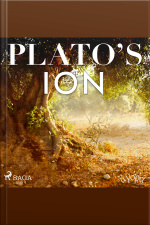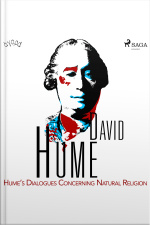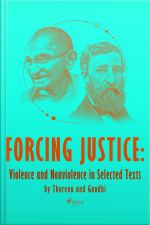Since it was developed, Newton‘s law of gravitation and many other laws of physics cannot be derived from one grand underlying principle.Deriving Newton‘s law of...
The basic principles that Bergson articulates, especially his way of thinking about reality as a dynamic process and his view of human beings as creative and evolving, should be...
Hippias of Elis travels throughout the Greek world practicing and teaching the art of making beautiful speeches. On a rare visit to Athens, he meets Socrates who questions him...
Socrates is in prison, sentenced to die when the sun sets. In this final conversation, he asks what will become of him once he drinks the poison prescribed for his execution....
Socrates questions Ion, an actor who just won a major prize, about his ability to interpret the epic poetry of Homer. How does an actor, a poet, or any other artist create? Is it...
David Hume’s Dialogues Concerning Natural Religion had not yet been published when he died in 1776. Even though the manuscript was mostly written during the 1750s, it did not...
Why Are You Being Educated? – 1 December 1965 • What is the function of education?• Q: Some people say that we must live now and others say that we must be concerned with...
In this new book, instead of a simple opposition to the new Chinese expansionist policy ("One Belt One Road Initiative"), Professor Mauricio Sousa argues that the European Union...
Can justice be forced on individuals and communities? The essays in this collection by Henry David Thoreau urge us to consider the difficult matter of how to counter the specific...
Listen to talks from J. Krishnamurti's Ojai gathering in California, 1980.This talk: The Roots of Psychological Conflict – 1 April 1980.• Has humanity taken a wrong turn?•...
